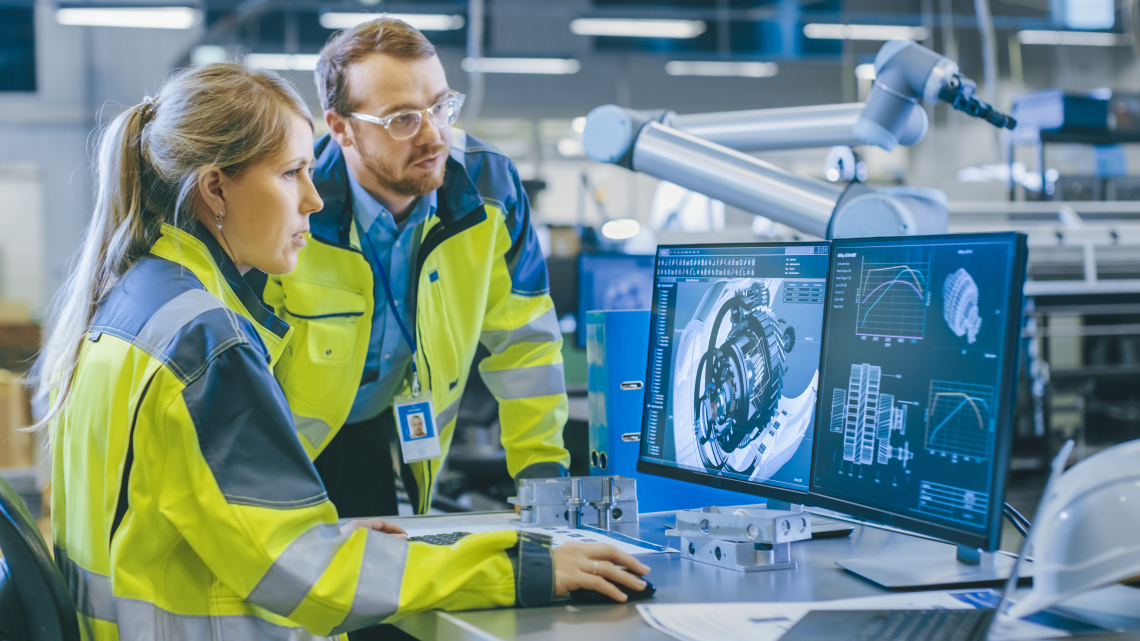Dr. Ernst Andreas Hartmann
Education, Science and Humanities


The development of business, companies and workplaces has been essentially influenced by technological changes and innovations. Digitalisation accelerates these changes noticeably. Especially with regard to the work place many questions are asked: How will digital technology change our work? Will it become harder, easier or more monotonous? Will there still be work for humans if robots, artificial intelligence and smart machines regulate and conduct everything?
There will likely be work for humans for a long time. Each technological revolution eliminates jobs but also creates new work activities – oftentimes these are work activities one would never before have even been able to imagine. 20 years ago, who would have been able to associate a concrete understanding with, for example, the occupational profile ‘App Developer’?
Certainly, human work itself will change. However, that is not directly attributable to the technical development. Of decisive importance for the quality of human labour is the work organisation in the companies: Who receives which tasks, information, decision-making authorisations or leeway for taking action? Even if the technological equipment is exactly the same, different organisational models are conceivable.
A rough differentiation can be made between two types of organisational models: With the one type, jobs are created which are overall characterised by rather high standards and diverse learning and problem-solving situations. The other type is characterised by quite diverse job types: Very challenging on the one hand, very unchallenging on the other hand. Correspondingly, the qualification profiles for the first type are overall challenging and less varied; conversely, with the second type, is more strongly-polarised.
The companies are largely at liberty to select between such organisational types. However, the relatively high qualification potential in Germany – particularly among the professionally-qualified – is a good basis for a challenging, learning-promoting work organisation in the sense of the first organisational type.
At the same time, a work organisation promoting learning processes is an important pre-requisite for companies’ innovation capabilities. A high requirements level – a high complexity of tasks – is typical for Germany and certainly contributes to the innovativeness of German companies.
The opportunities of digital technologies can be used in order to continue to develop such learning-promoting work environments. Sensor technology, data integration and data visualisation, and assistance systems are only some examples of such technical possibilities.
Even if the analysis of technical developments alone is not sufficient for being able to predict the future, some trends can nonetheless be identified: Thus, for example, the ability to be able to collectively master and optimise mechanical, electronic and informational (sub-)systems is becoming more and more important. The future of work organisation, however, will decide who will have to have these skills and how many people will experience an effect on their qualification profiles.
Thus, for our look into the future, we must also try to predict such organisational developments. The interaction between technology and organisation will be different for different technologies and industries; in the technology/industry matrices, such differentiated assertions can be depicted.
Upon this basis, one can ultimately surmise in a substantiated manner which qualification requirements will be created.
In studies and concomitant research, we analyse which changes in work and qualifications accompany which technological developments and how work in the future will likely be structured best.